Above the Drowning Sea, a new documentary directed by René Balcer and Nicola Zavaglia, highlights the escape of European Jews from Nazi-controlled Europe on the eve of World War II. The film reveals that a chapter in history as broadly analyzed as the Holocaust still bears its secrets and hidden narratives. In focus are the Jewish survivors, the welcoming people of Hongkou and Ho Feng Shan, the Chinese consul in Vienna at the time, who courageously stood up for the Jewish population and issued Chinese visas for refugees.
We spoke with Balcer, who is also well known as the showrunner, head writer and executive producer of iconic TV show Law & Order, about his latest venture into the documentary genre, and how the heroism depicted in the Above the Drowning Sea is more relevant than ever today.

Above the Drowning Sea documents a part of history not known by many. How did you pick up on the subject?
My wife’s family is from Shanghai, she learned this story from her parents. And I learned it from her. When we first visited Shanghai in the 90s, one of the places we went to was Hongkou and what is now the Shanghai Jewish Refugees Museum. Back then, it was simply a repository for archives presided over by a Mr. Wang, who had lived in Hongkou during the war and knew the story of the refugees firsthand.
More than 70 years have passed since these events occurred. Do you think the significance of this episode in history grown more important over the last couple of years?
The lessons of the Shanghai Jewish refugee experience are as relevant now as they were then. In 1938, no country wanted these refugees, for a variety of reasons, many of them racial. The American President, Franklin Roosevelt, warned that there may be spies and saboteurs among the refugees. Echoes of these anti-refugee sentiments are heard in the speeches (and tweets) of the current American President - and in the pronouncements of European leaders.
For refugees fleeing from Nazi-occupied Vienna, Shanghai or China in general wouldn’t seem to be a viable option to retreat to, yet thousands of people embarked on this arduous journey, why is that? Were there no nearby countries that would shelter them?
No country wanted these refugees (except for Ecuador, which for an exorbitant price per head agreed to take in refugees). Because Shanghai was in the midst of a civil war and a foreign invasion, there was no one in charge of checking the visas and passports of new arrivals. Shanghai was an “open” city - if you could get there, you could get in. But because of Nazi regulations, you could not leave Austria without a visa from a country willing to take you, nor could you buy a boat ticket without such a visa.
Luckily, the Chinese consul in Vienna, Ho Feng Shan defied his own government (the KMT, which at the time was allied with the Nazis and followed a policy of not helping the refugees) and on his own authority began to issue visas to the refugees.

The Holocaust is probably one of the most analyzed and commonly depicted chapters in recent history. Why do you think that this specific part of it has been pretty much ignored by the mainstream?
I wouldn’t say it was ignored - it was simply not known. In the chaos of postwar China, this story was one that was easy to miss.
Why do you think Shanghai as a city was able to offer this shelter, despite having its own problems during these years, with civil war and foreign concessions?
Shanghai as a municipal authority had nothing to do with sheltering the refugees. It was the actions of individual Shanghainese, acting on their own initiative, who helped the refugees survive. My wife, who had a Shanghainese upbringing, credits both Ho Feng Shan’s actions and the kindness of the residents of Hongkou (where most of the refugees settled) to their Confucian teachings.
The residents of Hongkou felt that the refugees were in the same “soup” as them: they were poor and struggling to survive, just like them. It should also be noted that anti-Semitism was unknown in China, so the Shanghainese had no reason to persecute the Jews - in fact they felt a kind of kinship with these refugees: just as they themselves were being persecuted by their Japanese occupiers, the Jews had been persecuted by the Nazis.
I imagine it’s quite difficult to find Holocaust survivors who made the exact journey you portray in your documentary. How did you reach out to the witnesses?
All the refugees we spoke to were children at the time of the events - their elders have all passed away. Once we connected with one refugee, we got plugged into the refugee network. As for our Chinese witnesses, we found them through personal connections and through the refugee museum.
Is there a particular audience that you want to reach with your feature?
We aim for a pretty broad audience, but we hope to reach younger people, those in high schools and colleges. They are the one who can most use the lessons of this history.
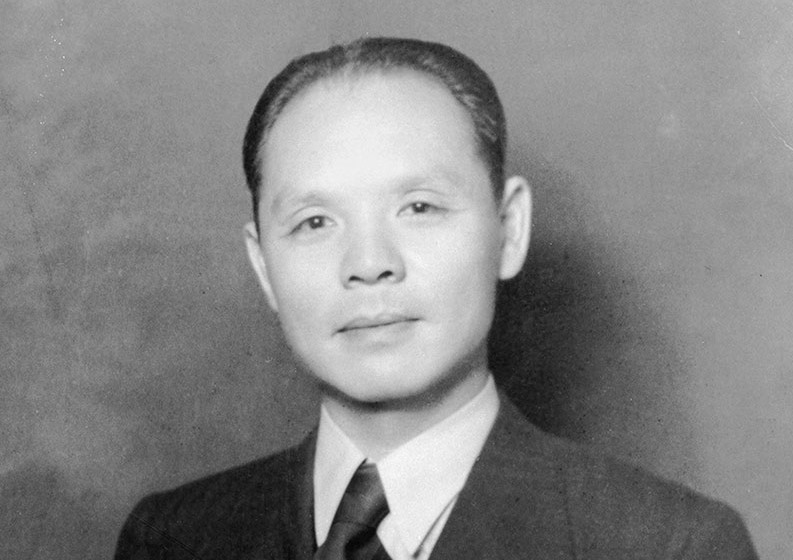
About Ho Feng Shan, do you think that he doesn’t get the recognition that he deserves and was that a reason for you to shoot this documentary?
We felt that his actions should be celebrated, and they could serve as inspiration for anyone who might be inclined to do something about the current refugee crisis but might feel that one individual can’t have much impact. Ho serves as a reminder that the actions of a single person can change history.
Your documentary was very well received among audiences and critics. What do you personally think sets your feature apart from others?
One reason may be that our documentary gives people hope and a direction. An African artist once told me that you can make art that shows people as what they are but that you can also make art that shows people as what they could be. Our film falls into the latter category.
Was it difficult to get permission to shoot here? How much time did you spend shooting in Shanghai?
We shot in Shanghai for two weeks. But I had been in Shanghai some fifty times over the previous twenty years. It was rather straightforward to get the visa for the film crew - as for specific permits to shoot, we found that the people of Shanghai were always welcoming and cooperative even if their bureaucracy was at times slow-moving.
What are some differences in directing and writing for a fictional show like Law & Order versus a documentary?
The biggest difference is, in documentaries, you don’t really control anything. Your interview subjects don’t work for you, so you are completely at the mercy of their schedule. You are riding a wild tiger for the whole of the production.
Why did you branch off from TV writing to documentaries?
I started my career making documentaries and branched off into feature films and television some 30 years ago. Of late, I felt drawn back to documentaries for the creative freedom it affords me.
[Images via abovethedrowningsea.com]
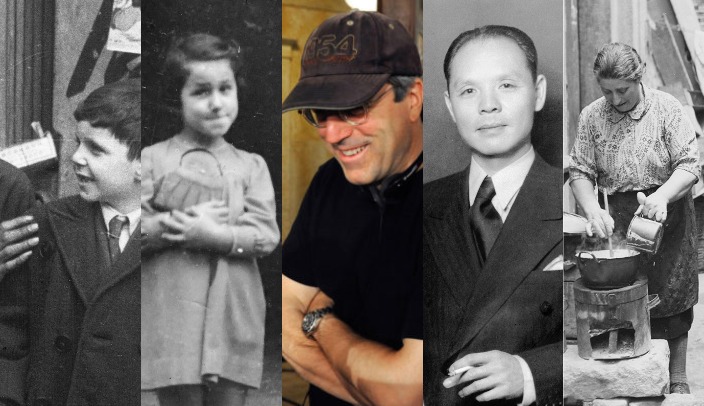




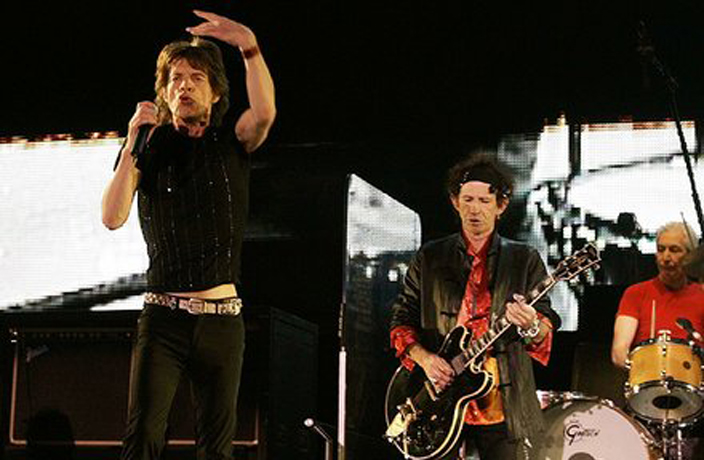
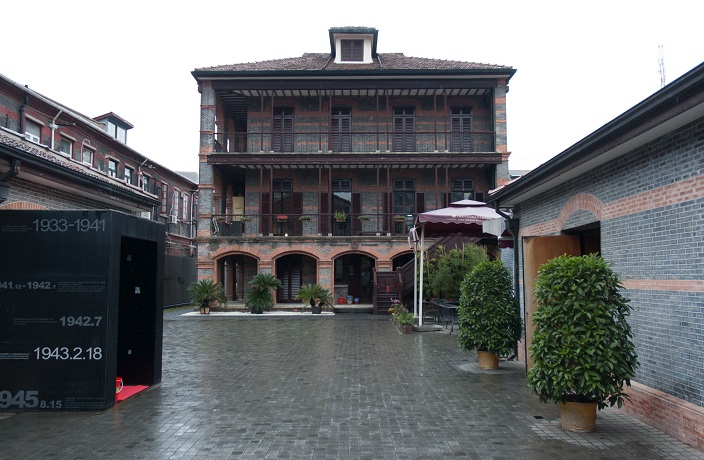
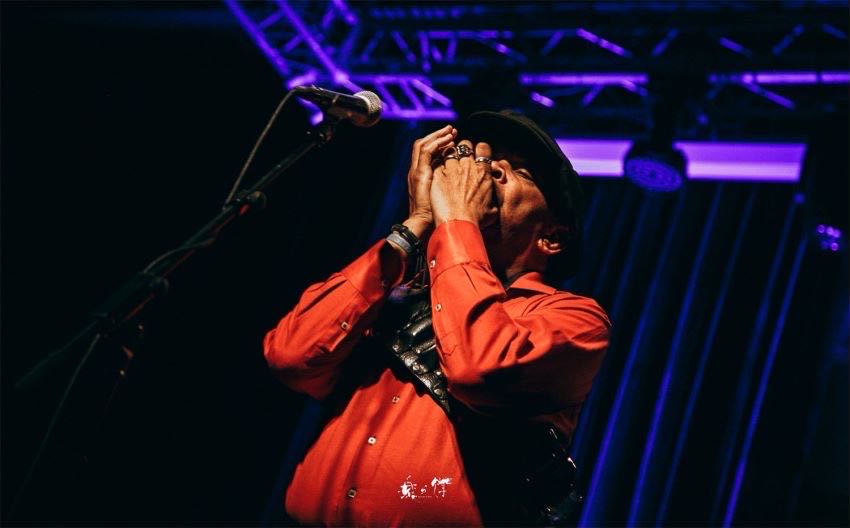














0 User Comments